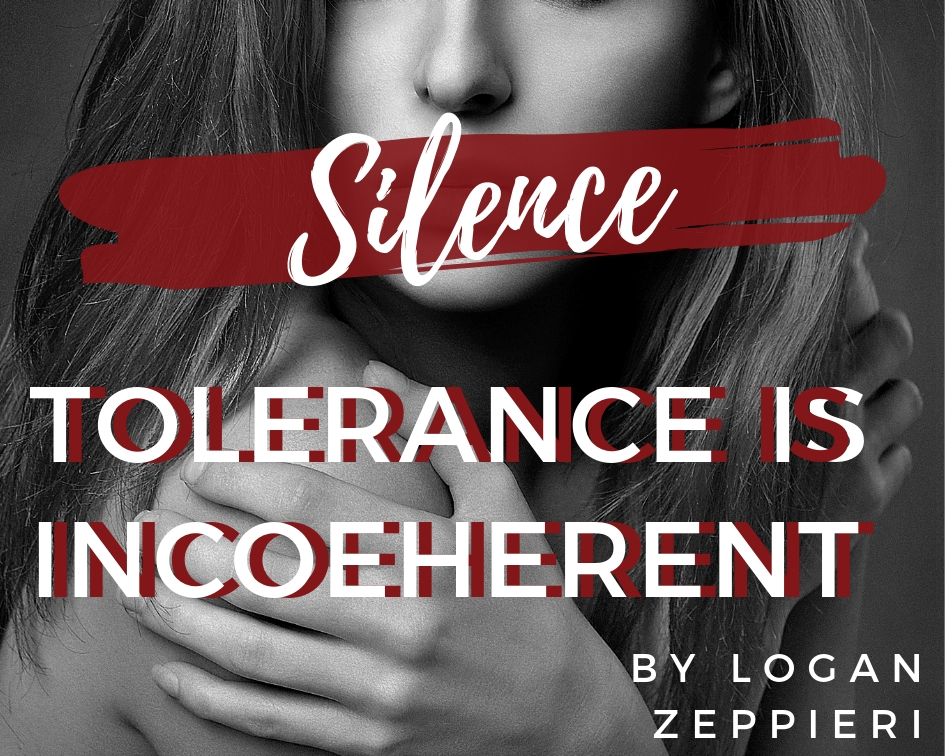To kill a lobster you must first place it in the freezer. After 10 to 20 minutes, the lobster falls fast asleep and can be humanely killed. Social rhetoric functions the same way. Make them cozy, tuck them into bed, then throw them into the boiler.
According to Merriam-Webster, one of the definitions for tolerance reads, “Willingness to accept feelings, habits, or beliefs that are different from your own.” This is a palatable definition: you slide into bed with warm fuzzies, knowing that tolerance can be reduced to a feeling, a mere potential to accept a belief different from you own. But we quickly realize we are thrown into a boiler. The definition has been transformed into an attack on the very life of Christianity.
WE PACK TOLERANCE WITH ALIEN MEANING
The shift from Merriam-Webster’s definition to popular political parlance is as subtle as a mere shift in temperature. The definition reads that tolerance is the willingness to accept a different belief—it does not read that tolerance is to accept a different belief. This distinction is so subtle that you probably reread the previous sentence to check for a typo. But the distinction amounts to this: tolerance is no longer about whether you are amicable to foreign beliefs. It is about whether you accept foreign beliefs.
However, this is not the traditional definition of tolerance. The traditional definition of tolerance reads, “Capacity to endure pain or hardship,” noting the idea of opposition packed into the meaning. A coffee addict’s body produces a tolerance for caffeine, reducing effectiveness. A skyscraper’s tolerance is its ability to withstand stress. When it comes to the realm of foreign beliefs, you tolerate views you do not agree with. To accept a different belief is not to tolerate a belief. It is to make that belief your own.
TOLERANCE IS INCOHERENT AND ALIEN TO CHRISTIANITY
However, the shift in the definition of tolerance to accepting different beliefs has two immediate impacts: it devalues rational discourse and contradicts the foundations of Christianity.
It devalues rational discourse because tolerance is no longer about how we should coexist but mandating coexistence. The quest for co-existence requires rational assessments about what can and cannot co-exist, and how one should or should not co-exist. It is rational in two senses: it requires assessment of what is and assessment of what ought to be. However, when tolerance is reduced to accepting opposing beliefs, there is no question about what should or should not coexist or how one should or should not coexist.
Second, it contradicts the foundations of Christianity because it argues that one should accept beliefs you disagree with. The difficulty begins to stem with Christ’s claim that he is “the way, the truth, and the life; no one comes to the Father but through me.” This claim is exclusive in three important ways. First, it is exclusive concerning truth. Christians are to follow the truth, avoiding beliefs hostile to truth.
Second, it is exclusive concerning goodness. Christ does not merely claim to be the truth, but also the source of life.
Third, it is exclusive concerning ultimate purpose. The purpose of the Christian life is not only to live according to truth aimed at goodness, but also with the purpose of eternal communion with the Father.
Christianity is highly exclusive and the prevailing political definition of tolerance is an attack on that entire posture. Tolerance is not merely the argument to be charitable to your enemy, but to believe and appreciate your enemy, adopting their beliefs. That is antithetical to the Christian foundation in Christ’s claims to truth, goodness, and purpose.
WHAT IS THE RESPONSE?
Christianity, however, is not merely a passive player in the game of definitions, it is its own definition. We read in Luke 6:26-17, “But I say to you who hear, love your enemies, do good to those who hate you, bless those who curse you, pray for those who mistreat you.”
You are allowed to disagree with your opposition, but you must love them and treat them well. Christianity has never proclaimed, like a politician, “You are to tolerate your enemy.” It has proclaimed something much stronger: “You are to love your enemy.”












